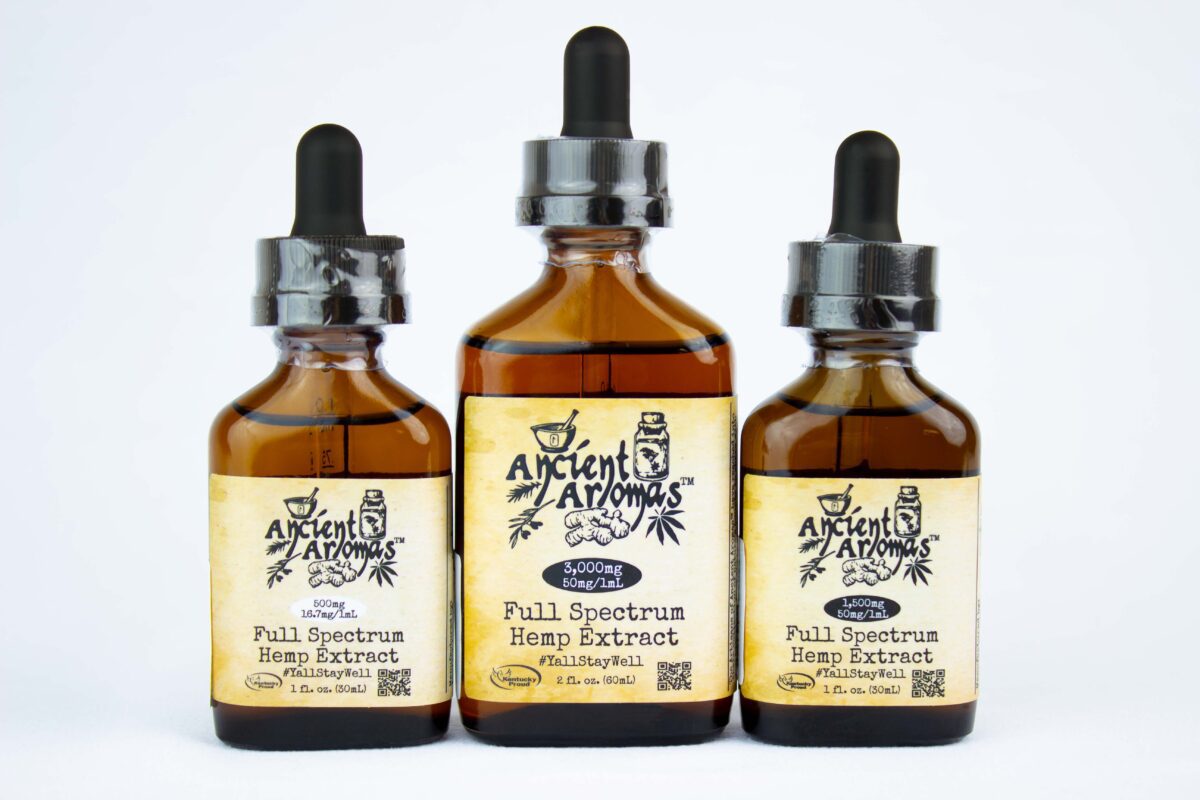Uncategorized
11 Fun Facts About CBD
11 Fun Facts About CBD
1.) What is CBD?
Cannabidiol (CBD) is 1 of over 100 chemical compounds known as cannabinoids that can be found in the cannabis plant, including hemp.
2.) Are cannabinoids found in plants other than cannabis?
Yes. Cannabinoids and other compounds that directly affect a person’s Endocannabinoid System (ECS) can be found in other plants, such as:
Black Truffles
Echinacea
Black Pepper
Kava
Tea Plants
Rhododendron
3.) Does CBD cause a person to become “high?”
Unlike THC, a psychoactive sibling, CBD does not possess the same properties that create a “high” effect. The two main receptors in the Endocannabinoid System are CB1 and CB2. While THC has a high affinity to bind directly to both receptors, CBD works indirectly with a person’s own endocannabinoids to bring the body into homeostasis (balance).
4.) What are Endocannabinoids?
Endocannabinoids are naturally occurring, lipid-based neurotransmitters which work as chemical messengers signaling between nerve cells. There are two main Endocannabinoids: Anandamide (AEA or arachidonoylethanolamine) and 2-archidonoylglyerol (2-AG). Many experts belief that there are additional endocannabinoids in the body, but their roles and functions are yet to be discovered.
There are two main enzymes responsible for breaking down endocannabinoids in the body: Fatty Acid Amide Hydrolase (FAAH), which breaks down Anandamide and Monoacylglycerol Acid Lipase (MAGL), which breaks down 2-AG. CBD helps to regulate how these enzymes break down natural endocannabinoids helping to sustain balance through the body.
5.) What is the (ECS) Endocannabinoid System?
While many tasks are performed throughout the body by the Endocannabinoid System, its main goal is to bring the body into homeostasis (balance), maintaining a stable internal environment despite fluctuations in the external environment. These tasks may include: regulating the nervous system, calming and protecting immune cells, and reducing inflammation.
6.) What role does Anandamide play inside the body?
Anandamide works to activate the CB1 Receptors in the body. These receptors play important roles such as:
Relieving the effects of Depression
Decreasing Anxiety, Fear, and Paranoia
Lowering Intestinal Inflammation
Decreasing the occurrence of Leaky Gut Syndrome
Lowering Blood Pressure
Benefiting people that suffer from Post-Traumatic Stress Disorder (PTSD)
While Anandamide works to activate CB1 Receptors our bodies release the enzyme FAAH to break down the Anandamide. CBD is beneficial in inhibiting the breakdown of Anandamide allowing it to preform its internal tasks.
7.) Does CBD effect any other receptors in the body?
Yes. CBD directly activates Peroxisome Proliferator-Activator Receptor (PPAR)-Gamma Receptors. These receptors play a role in lipid uptake, insulin sensitivity, dopamine release, and the degradation of beta-amyloid plaque which can positively affect diseases such as Alzheimer’s, Schizophrenia, and Diabetes.
8.) Is CBD therapeutic?
Yes. While many pharmaceuticals play a role in treating symptoms, they may also come with varying side effects that might outweigh any benefits offered. CBD works directly with the body’s own endocannabinoids and is considered to be non-toxic with minimal side effects. Many people report reduction in the use of maintenance medications as their body’s begin to regulate and balance with the use of CBD. It is always important to speak with your prescribing doctor about the use of CBD with any medications, as prescriptions may need to be altered with any changes that occur with its use.
9.) Is CBD Legal?
Yes. The Agricultural Improvement Act of 2018 federally legalized the farming of industrial hemp and the production, marketing, and use of CBD that contains 0.3% or less of THC.
10.) What is Clinical Endocannabinoid Deficiency (CECD)?
Clinical Endocannabinoid Deficiency (CECD) is a theory that was based on the concept that many brain disorders are associated with neurotransmitter deficiencies, affecting acetylcholine in Alzheimer’s disease, dopamine in Parkinsonian syndromes, and serotonin and norepinephrine in depression. People that may have CECD produce lower amounts of natural cannabinoids, therefore, the negative effects of decreased production may potentially cause:
Autism
Parkinson’s Disease
Fibromyalgia
Irritable Bowel Syndrome (IBS)
Migraines
Multiple Sclerosis (MS)
Huntington’s Disease
Post-Traumatic Stress Disorder
11.) Is CBD Safe?
Cannabis has been used for thousands of years, but until recently CBD wasn’t an everyday discussion like it is today. While there are some differing opinions, most studies and anecdotal evidence shows that CBD use is safe. According to Harvard University, for adults, CBD appears to be a very safe product. CBD has only shown to cause minor side effects in some people such as nausea, fatigue, and irritability. One of the most important things about CBD use is to know where your CBD comes from and how it is processed. Be sure that the company you purchase from utilizes third-party treating for quality, safety, and legality.







